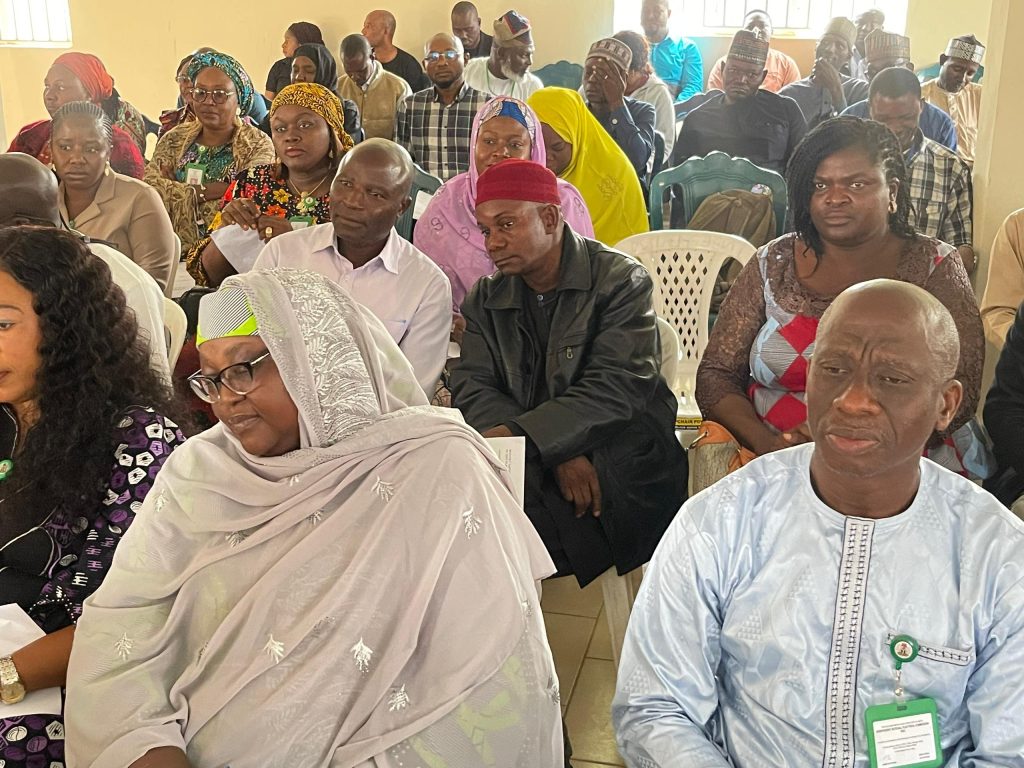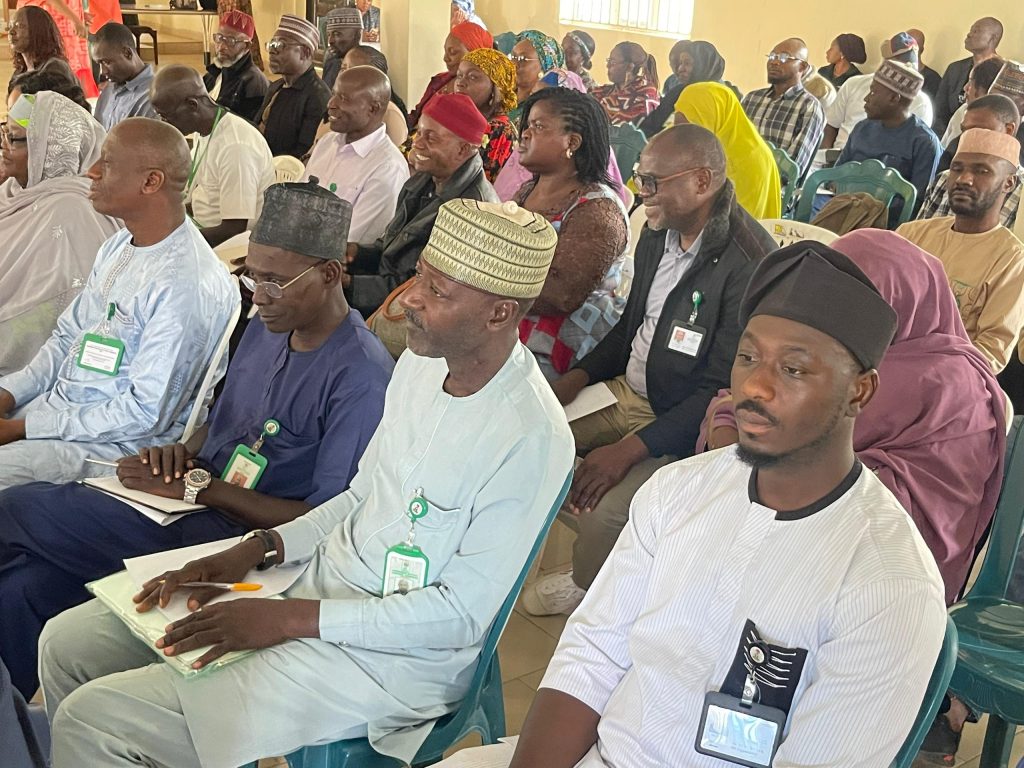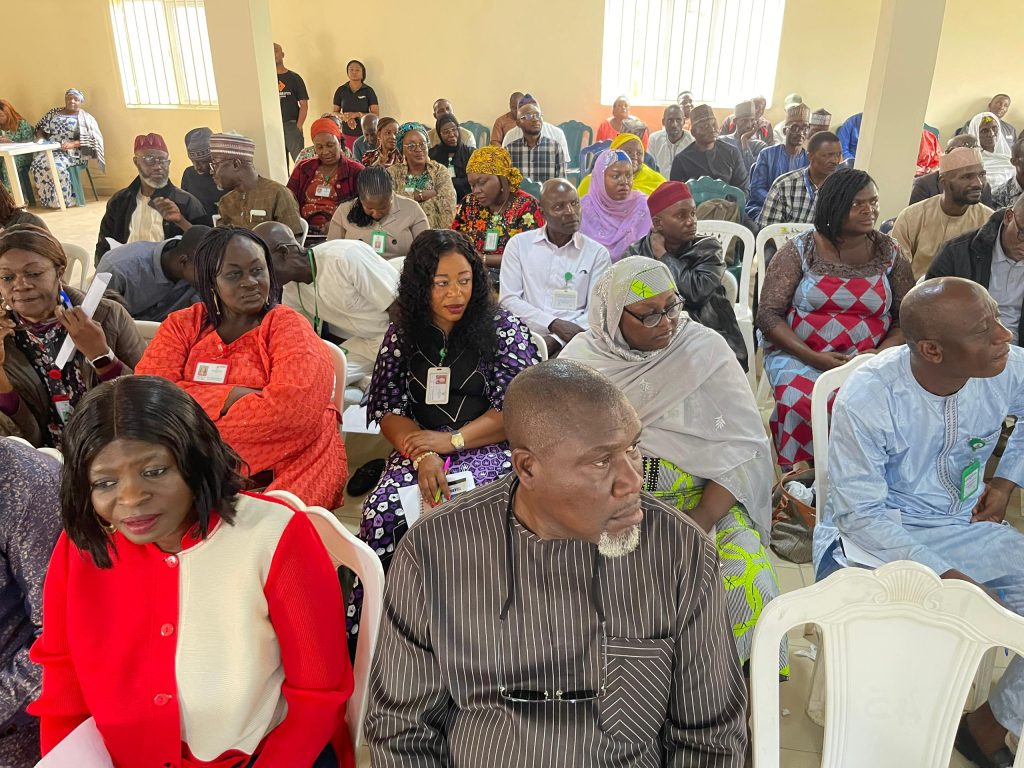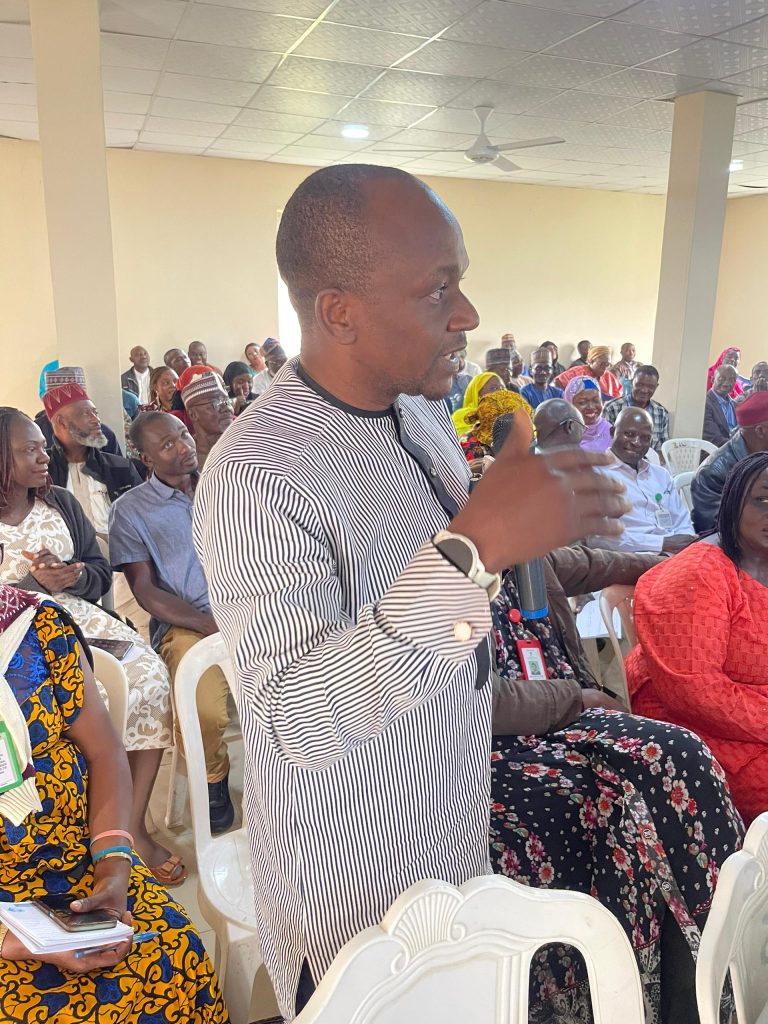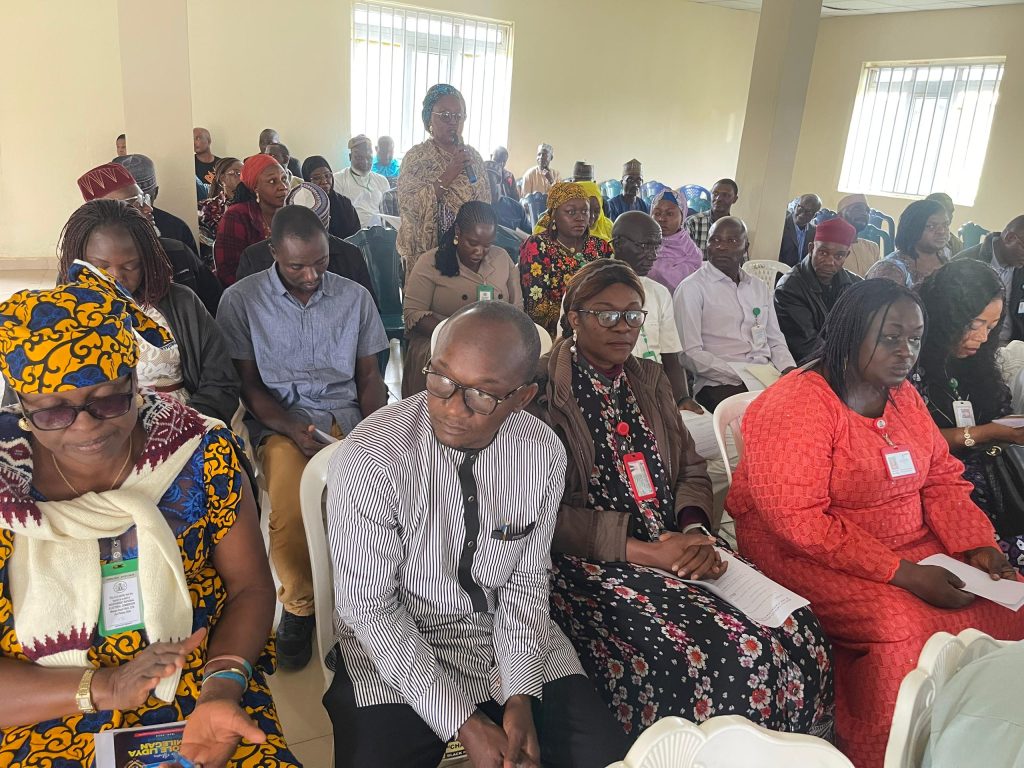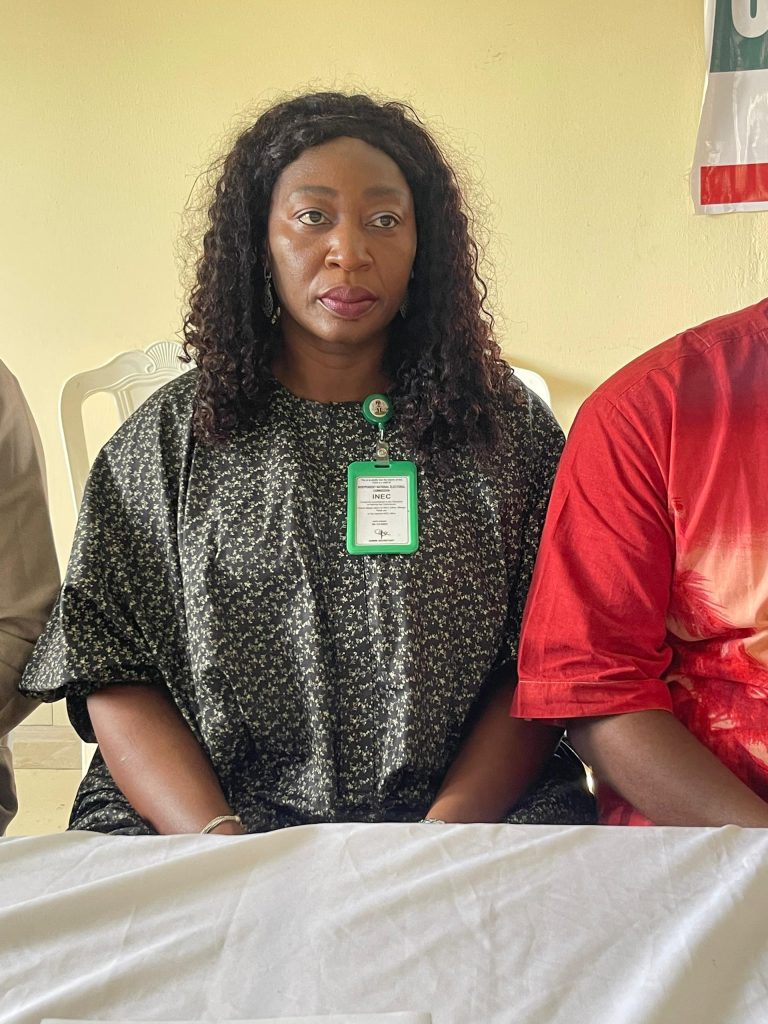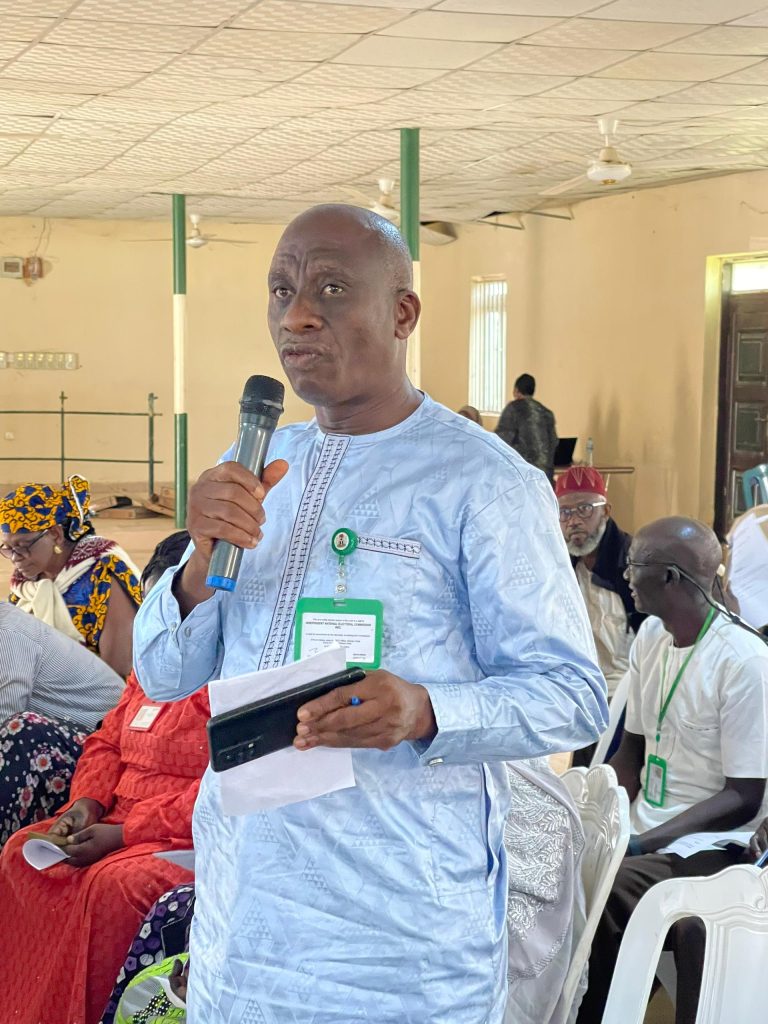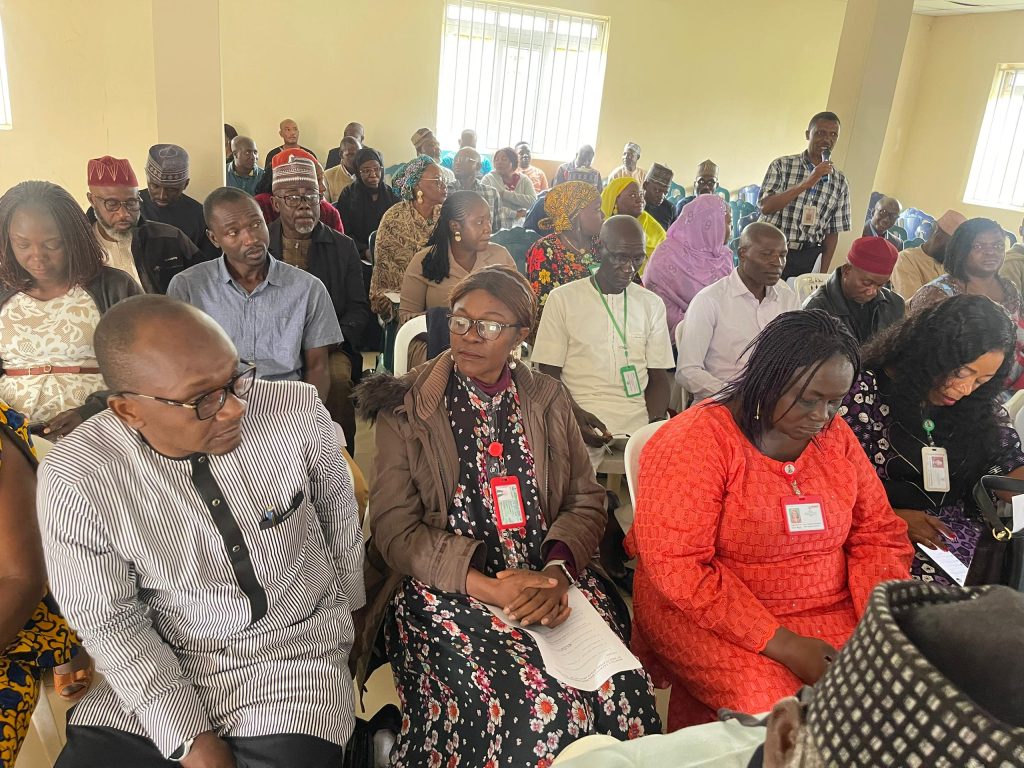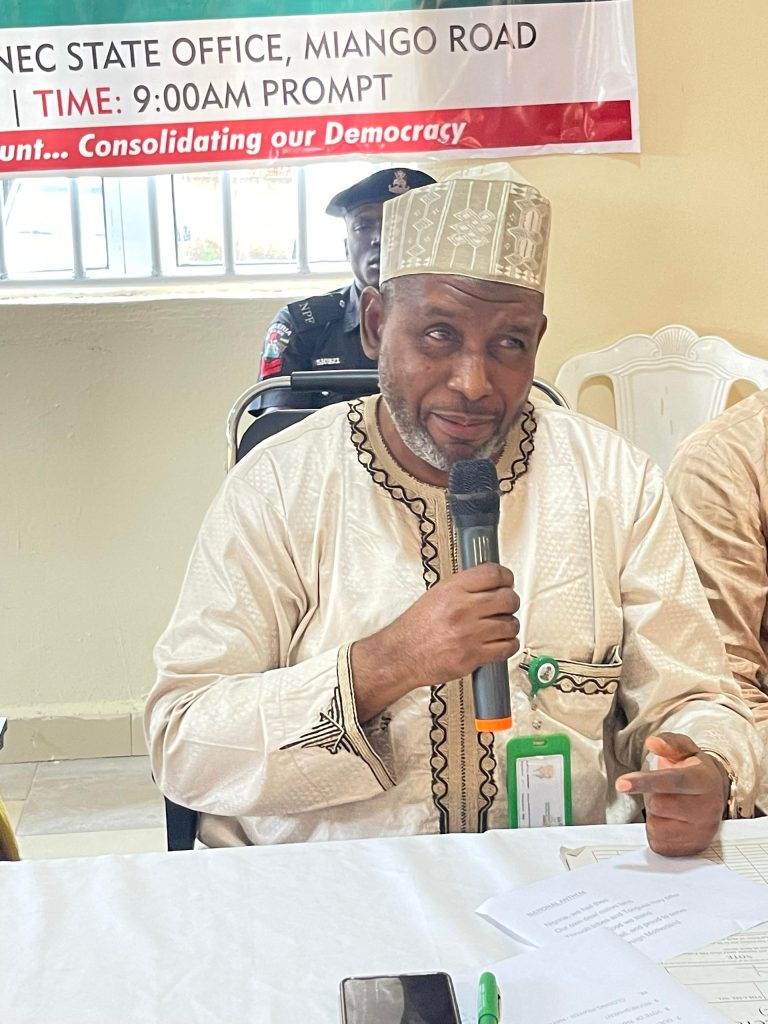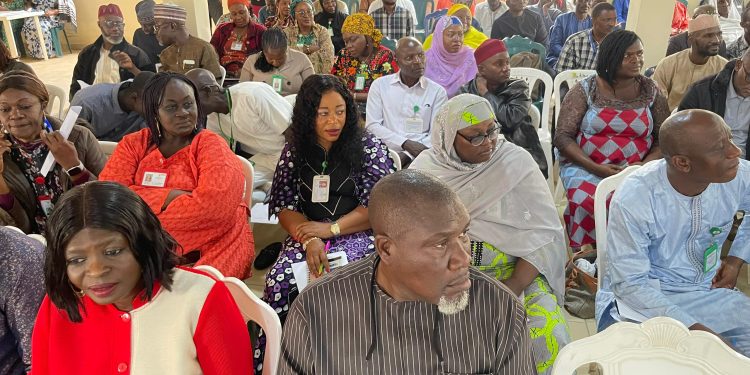Jos, Plateau State – July 2025
The Independent National Electoral Commission (INEC), Plateau State, on Wednesday hosted a comprehensive Capacity Building Workshop aimed at equipping its staff with up-to-date methodologies and digital tools for the Continuous Voter Registration (CVR) exercise. The event, held at the Collation Centre, INEC State Office, Miango Road, brought together electoral officers, registration officers, unit heads, and administrative staff for an intensive day of knowledge-sharing and technical training.
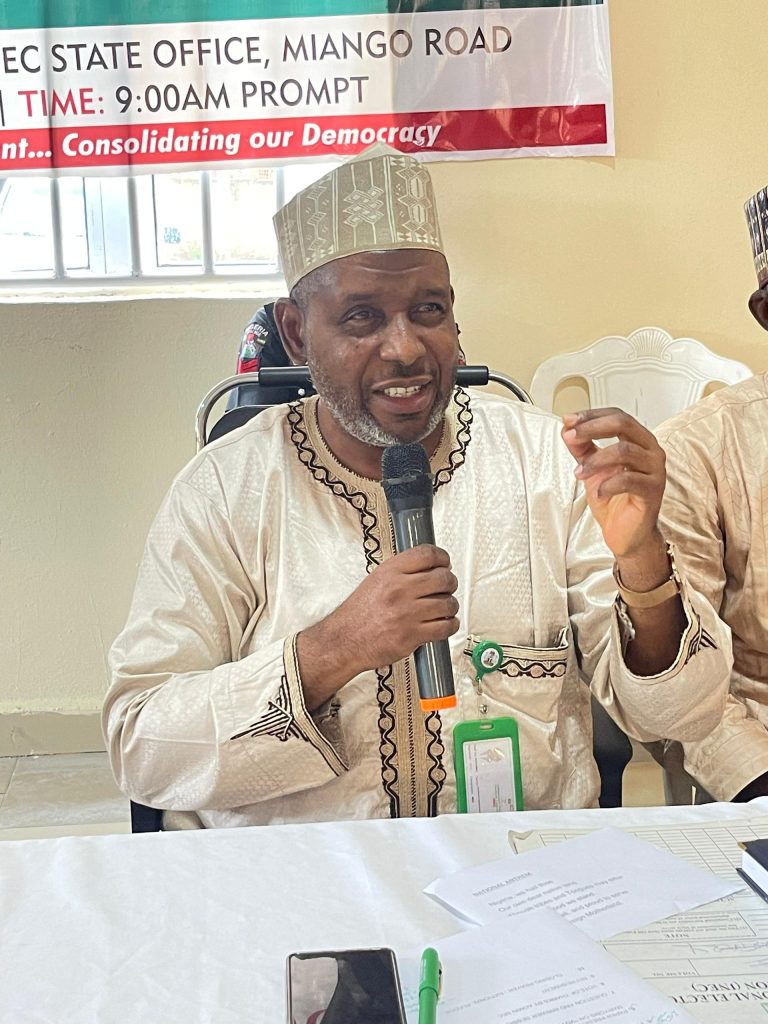
In his opening remark, the Honorable Resident Electoral Commissioner (REC), Mallam Mohammed Abubakar Sadiq, welcomed participants and emphasized the importance of teamwork and professional dedication in delivering credible elections. He introduced newly deployed electoral officers and Head of Department, General Administration and Procurement, acknowledging their competence and urging the team to collaborate effectively. He also shared insights from his recent familiarization visits to local government areas and reiterated INEC’s commitment to resolving logistical and operational challenges. “Let us uphold the spirit of teamwork so that together, we can consolidate our democracy,” he stated.
He concluded by encouraging staff to uphold professionalism and ensure that the CVR process is inclusive, transparent, and compliant with legal and institutional frameworks, ultimately strengthening the electoral process and democratic participation.
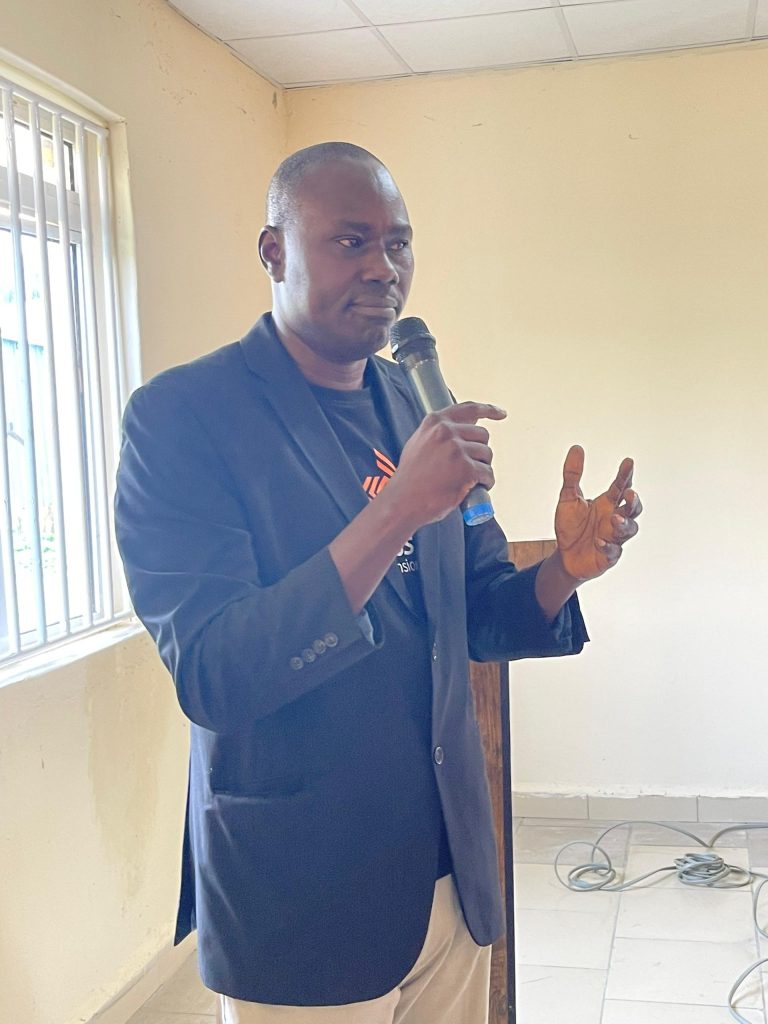
The workshop featured several key presentations, including one by Mr. Pwati Dedan, representative of Access Pensions, who addressed rising concerns over pension insecurity among public servants. He clarified misconceptions around the contributory pension scheme, highlighting the significant growth of Nigeria’s pension assets, now over ₦24 trillion. He explained the impact of early non-remittances, especially from 2004 to 2009, when INEC was not self-funded. “What makes money grow is time and investment. Late contributions lose value,” he warned. Mr. Dedan urged staff to proactively engage their Pension Fund Administrators to ensure their retirement security.
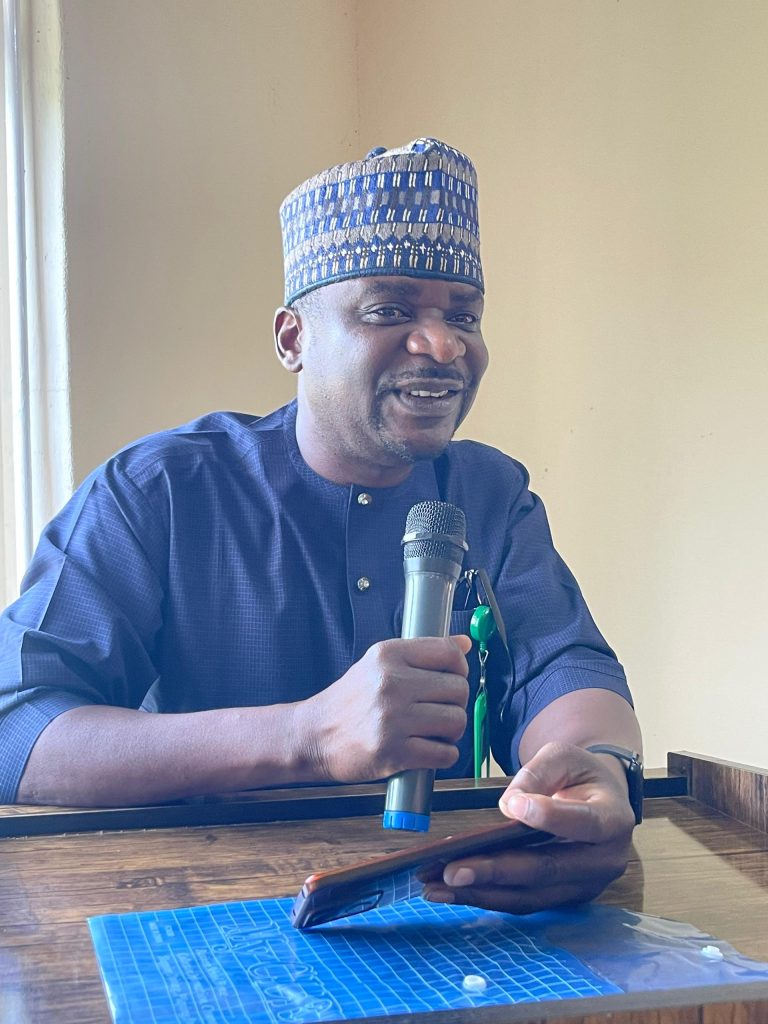
Another critical session was delivered by Mr. Cornelius John Sokzen, Head of Unit, Voter Registry Process, who spoke on “Methodology and Guidelines for Continuous Voter Registration.” He highlighted the constitutional and legal mandates that empower INEC to register eligible voters and revise the voters’ register. Mr. Sokzen detailed the roles of registration officers and outlined categories of voter registration services such as pre-registration, transfer, update, and review.
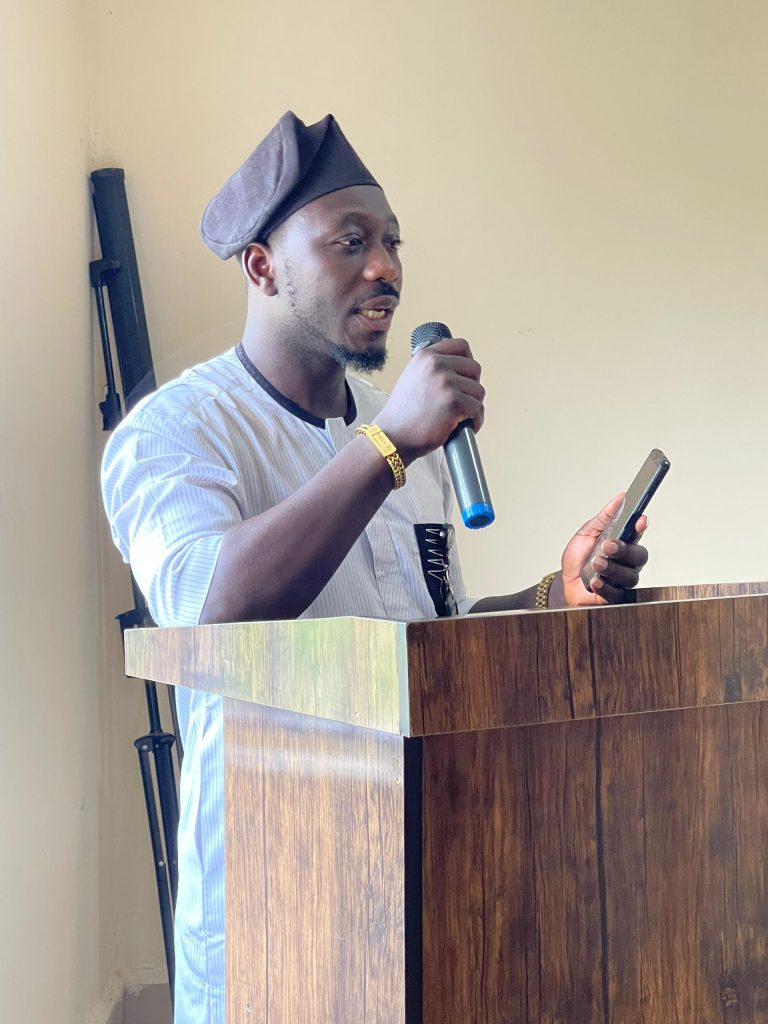
Mr. Ibrahim Kallamu, a Programme Analyst, presented on “Handling the INEC Voter Enrollment Device (IVED) for Continuous Voter Registration.” He walked participants through the operational procedures of the CVR User Application. He explained the roles of three key user categories—Technicians, Supervisors, and Registration Officers—and detailed how secure login protocols and dashboard features manage registrations, appointments, and system reports. The presentation highlighted the app’s role in increasing transparency, accessibility, and efficiency in voter registration.
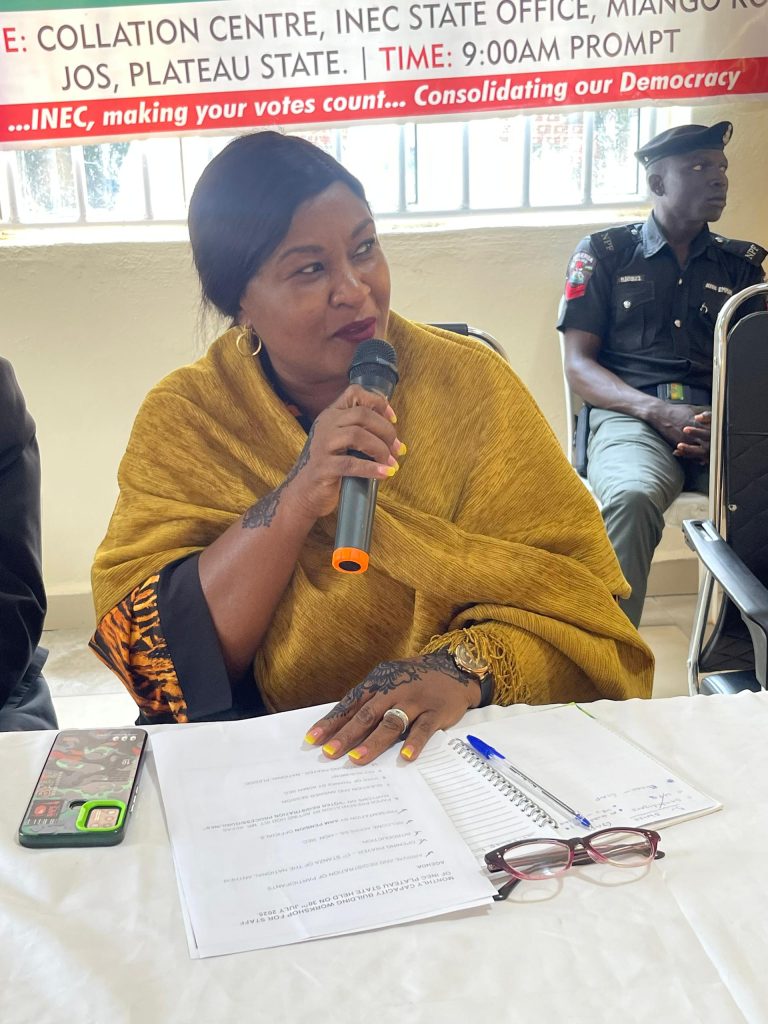
Closing the workshop, Mrs. Marylisa Uloko, the Administrative Secretary, expressed deep appreciation to the facilitators for their generosity in sharing expert knowledge. “Your contributions today will shape our data practices and enhance our service delivery to the community, especially as we prepare for the 2025 CVR” she noted. She thanked INEC staff for their active participation, underscoring the collective spirit of growth and collaboration as a hallmark of the Commission’s administrative and operational excellence. “May we continue to sharpen our skills and reflect on today’s lessons as we return to our duties,” she concluded.
The event was lauded by participants for its insightful sessions and practical value. It reflects INEC Plateau’s commitment to not only deepening staff capacity but also to ensuring that the processes underpinning democratic governance remain robust, inclusive, and credible.
As Nigeria prepares for upcoming electoral activities, initiatives such as these stand as a testament to INEC’s resolve to build a transparent and efficient electoral system, starting with its most valuable asset its people.
